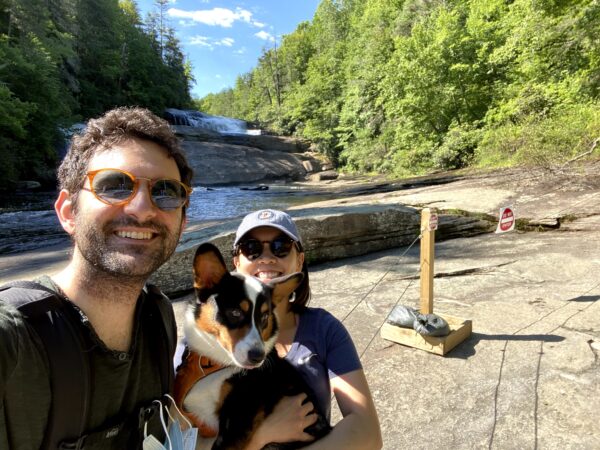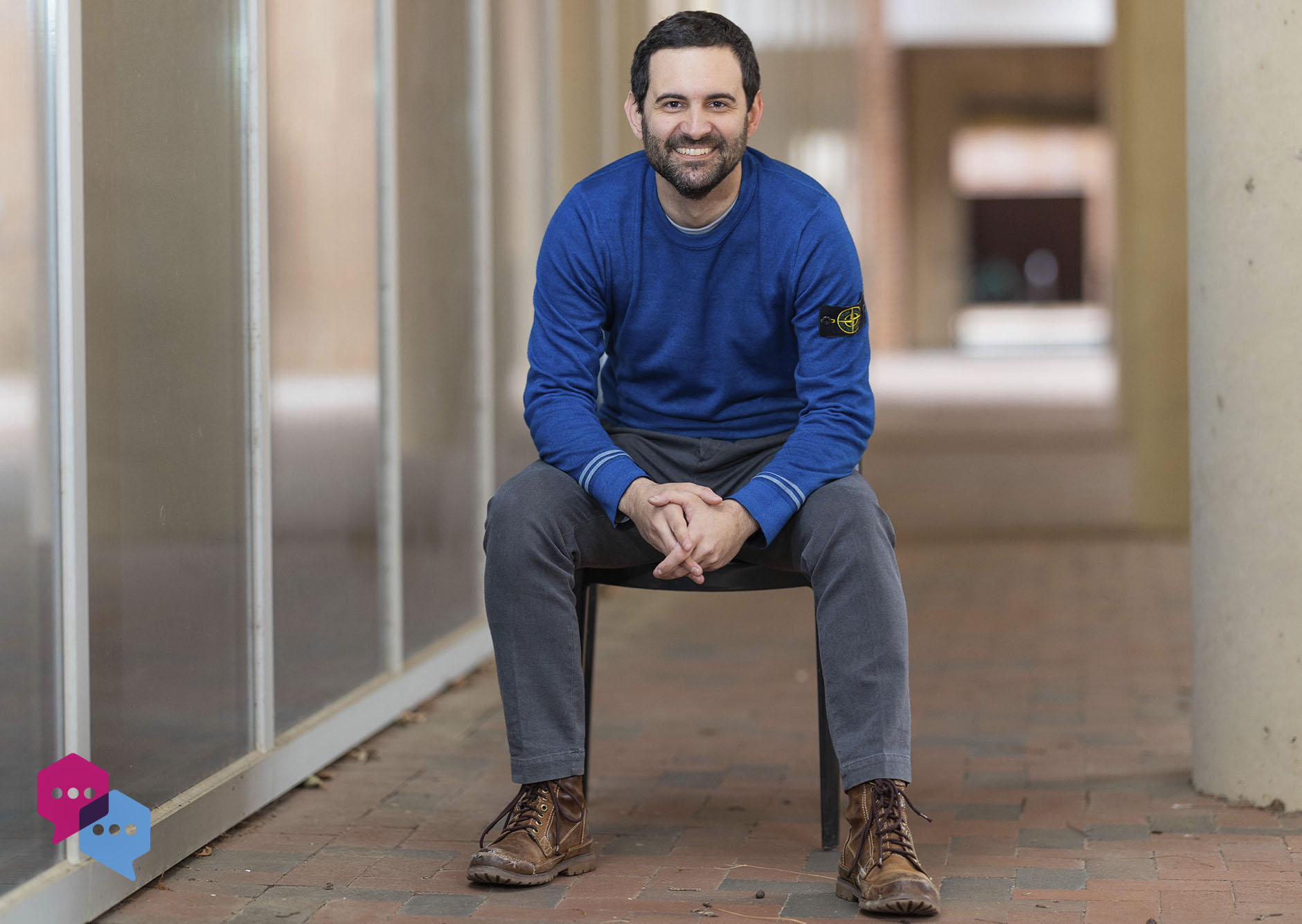Q: When you were a child, what was your response to this question: “What do you want to be when you grow up?”
A: I think every little boy in Italy wants to be a football (soccer) player. I got to switch imaginary careers earlier than most due to incompetence. Beyond that, I think I wanted to be a writer — which I sort of achieved in a very roundabout way.
Q: Share the pivotal moment in your life that helped you choose your field of study.
A: Early in my graduate program, I stumbled onto this policy called “external reference pricing” that European governments use to set drug prices. It calculates a benchmark from the prices of other European countries, but everyone uses it, which makes it very circular — I use your price as a reference, and you use my price as a reference. But it didn’t make sense to me that, say, Italy should use the Lithuanian price as a benchmark.
I started studying that policy, which became my dissertation topic. As I learned more about the pharmaceutical market, I kept bumping into other policies and practices that seemed similarly I started studying that policy, which became my dissertation topic. As I learned more about the pharmaceutical market, I kept bumping into other policies and practices that seemed similarly inefficient. I would ask other experts and industry insiders about certain aspects of the market and why they work the way they do — and often received deeply unsatisfying answers. For example, I often ask industry experts how they decide a drug’s price. The most common answer is: “We price what the market will bear,” which is the equivalent to saying, “the earth is round because it doesn’t have corners.”
This was pretty frustrating for me. At some point I decided that if I wanted answers, I would have to find them myself. So that’s what I’ve been doing for the past few years.

Maini, his wife, and his “yappy dog” — Obi — hike in the mountains around Asheville.
Q: Tell us about a time you encountered a tricky problem. How did you handle it and what did you learn from it?
A: A common one that I think all academics face is shaping the perception of our work to the audience that reads it. Toward the end of graduate school, I took a short course on writing research papers. One of the early assignments was to write three sentences about a paper: the research question, the answer, and a third sentence explaining why the paper’s question and answer are important or interesting. It sounds easy, but it was really tough, because it essentially asked me to summarize a 50-page draft in less than a paragraph.
Once I completed the task, two things became obvious to me. First, most people who will read my work will only remember a tiny part of it. And second, that I might be able to determine which part. So now I do this for every paper I write. Once I have come up with that core message, I can make sure it’s prominently placed in the paper and repeated over and over again throughout.
Q: Describe your research in 5 words.
A: Why drugs cost this much.
Q: What are your passions outside of research?
A: I cook! I began out of sheer necessity in college, and then it became my favorite way of relaxing in the evening. I like that it’s physical and keeps my hands occupied, that it has a rapid effort-reward mechanism — unlike my papers, which take years to get published — and you get to eat what you cooked at the end. Plus, I feel like I’m doing right by my heritage.


